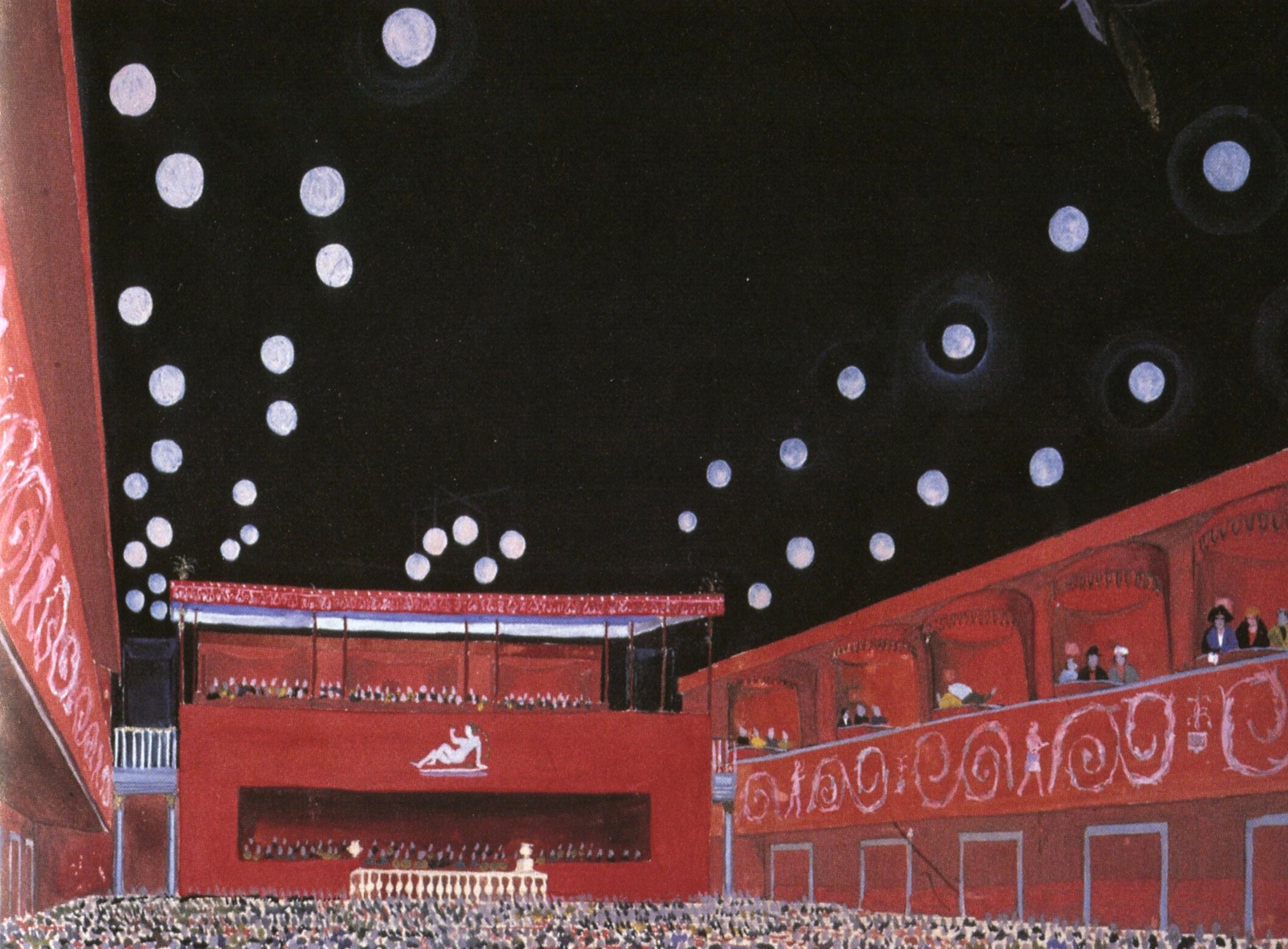Unintentional film stills


Looking back through the images taken from Rome's Eur district I was struck by a sort of half-formed narrative slowly appearing within the shots. The place was deserted, the whites and greys of the buildings adding an unsettling stillness upon the entire area - the only sign of life was the traffic on the wide boulevards, and Italy's small Fiats swerving around roundabouts at speed looked nearly comical in comparison to the towering architecture above. (which, out of habit or disinterest, the drivers ignored.)
and streams of animated people with surge out of the buildings and populate the avenues - but simultaneously an air of resignation weighs down upon you like the stifling summer heat: a knowledge that it has always been like this, it will always remain like this.
Den nakna ön




Hadaka no Shima (The Naked Island), has been one of the highlights of this season's Cinemateket programme so far, and it was spellbinding viewing tonight. I look eagerly forward to the remainder of the Japanese New Wave selection.
Kaneto Shindo's 1964 film centres on the continuous uphill struggles, living in isolation on a small island in the Seito Inland Sea.
Shot in black and white, and almost completely void of dialogue, Shindo uses repeated daily actions to spell out the monotony of hardship - the breaks from the constant work (a family trip to the mainland, local celebrations) stand out in stark contrast as short interludes of spontaneity. Dialogue is not necessary; even if there had been a script, it doesn't feel like family would have anything to say to each other that could be conveyed with language.
Accompanying the daily farming grind is an incredibly moving soundtrack by Hikaru Hayashi, perfectly reflecting and enhancing the back-breaking labour, one repeated motion after another. Tending to their precious crops, staggering up the rocky, precarious slopes of the island laden with full buckets of precious water - there is a certain elegance to the characters movements, as the gingerly place one foot in front of the other, sinewy arms supporting the yokes across their backs and shoulders in a delicate tightrope balancing act.
Films like this continue to fuel my love of, and fascination with, islands.
På Cinemateket
Mannen på Taket (The Man on the Roof) dir. BoWiderberg (1976) / Elvira Madigan dir. Bo Widerberg (1967) / The Trial dir. Orson Welles (1962) / Kärlek 65 (Love 65) dir. Bo Widerberg (1965) / Tabu, a Story of the South Seas dir. F.W Murnau (1931) / Los Olvidados dir. Luis Buñuel (1950) / C'era una volta il West (Once Upon a Time in The West) dir. Sergio Leone (1968) / Death in Venice dir. Luchino Visconti (1971) /
Every Tuesday and Saturday at Spegeln cinema, runs the Malmö branch of Cinemateket - a sort of film society organized by the Swedish Film Institute, showcasing films from throughout the history of cinema - spotlighting the oeuvre of directors, actresses, or focusing on a specific theme. It has allowed me to not only watch examples of classic cinema on the large screen, but discover new favourite directors, such as Malmö's own Bo Widerberg; see films from Argentina to Scotland, from the early silent days to present offerings.
There should really be something like this in every city - it's regularity and variety means there is always something too look forward to, with the opportunity to see films you may never otherwise have had the chance to see.
Above are some posters of my favourite films seen at Cinemateket, many have become some of my all time favourites - I love leaving the cinema feeling 'so deeply moved'. I would recommend seeing any, and all of them.
Theatrics
The Royal Wedding screened live at Sendlinger Tor cinema in Munich, Germany. 29th April 2011, and, judging from the screen, around 11am.
(Lukas Barth/dapd) via the Atlantic







